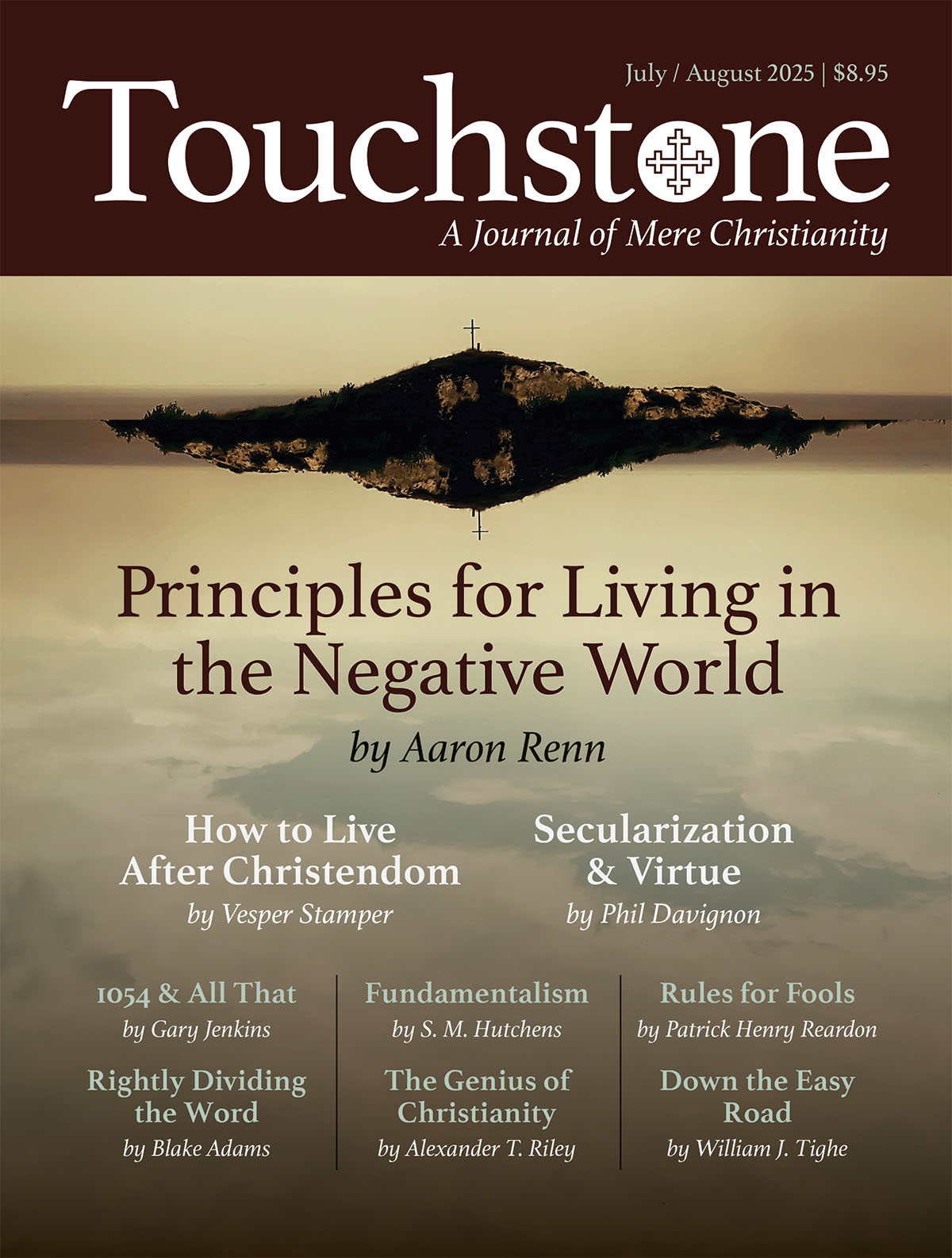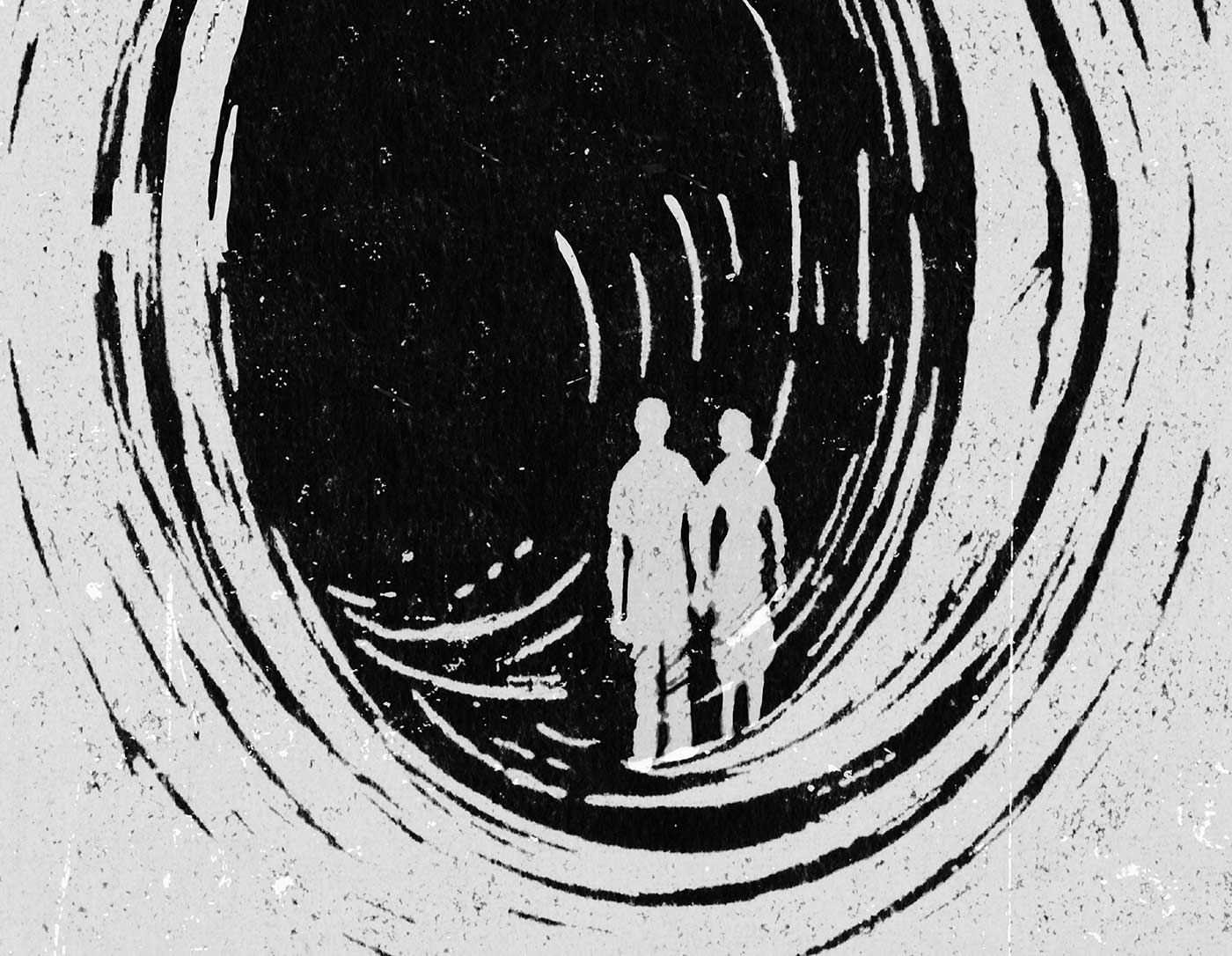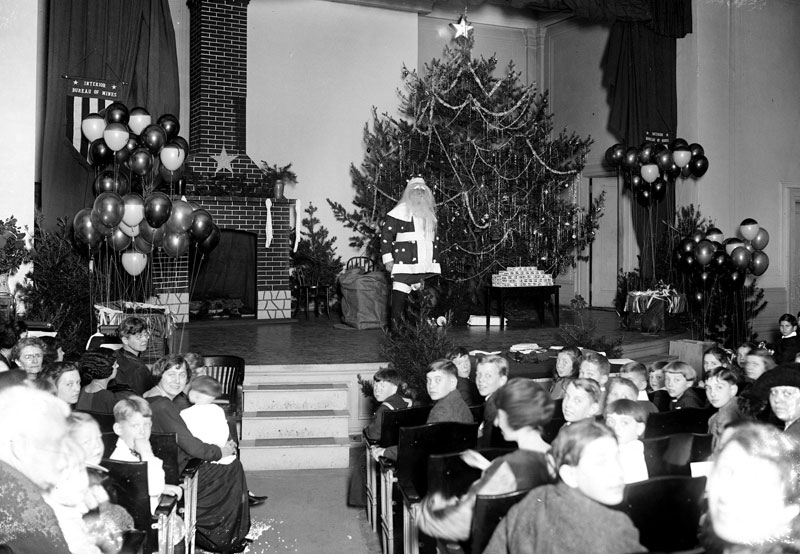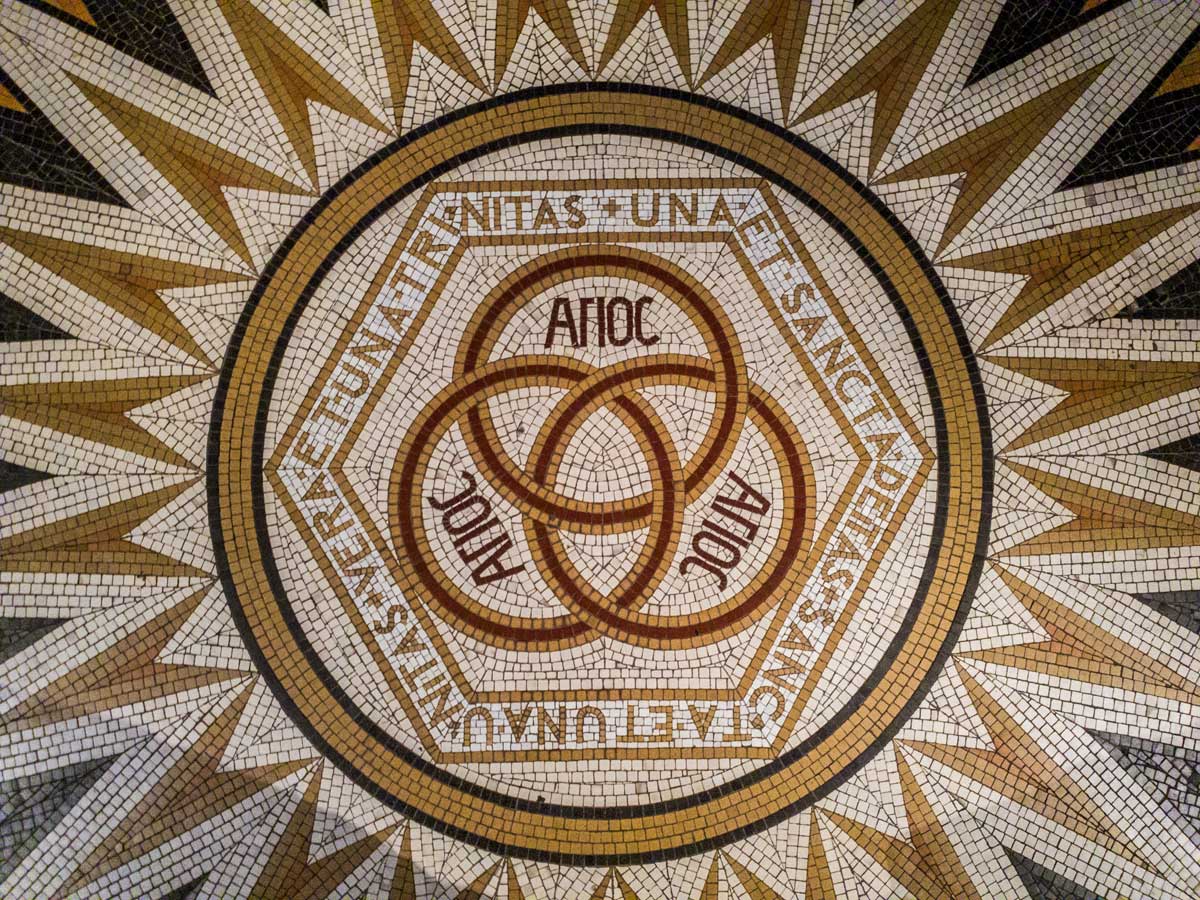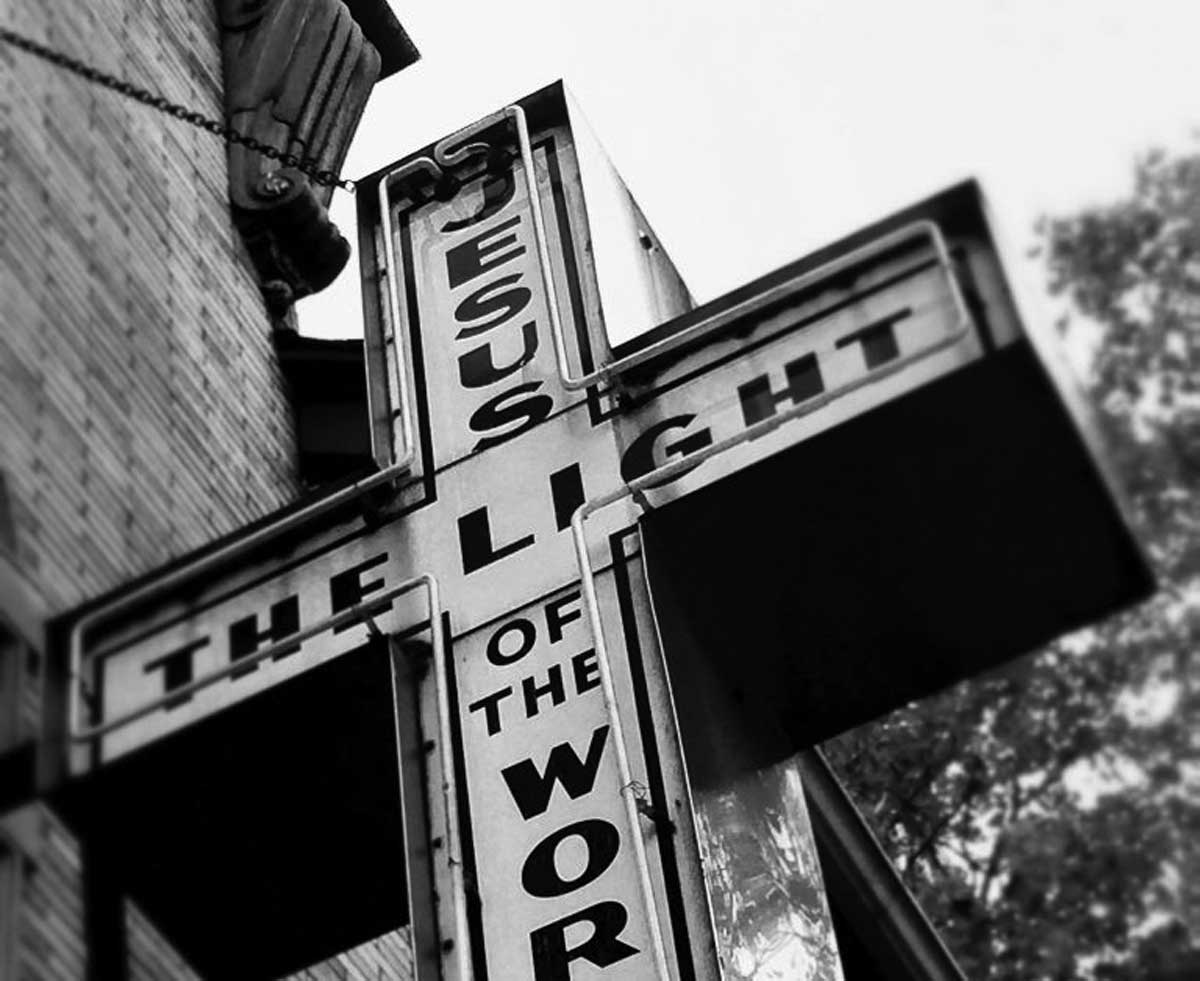Positively Christian
Principles for Living in the Negative World
by Aaron Renn
Unlike Europe, America never had a state church. But for most of its history it had a sort of softly institutionalized generic Protestantism as its default national religion. This was still true as recently as the 1950s, though it had shifted towards being more of a generic Judeo-Christianity by that point. During that decade, about half of all adults attended church each week. There were still prayers and Bible reading in public schools. The country added “under God” to the Pledge of Allegiance, and “In God We Trust” to its money.
Then, in the 1960s, this began to unravel, and the status of Christianity began to go into decline in America. This showed up in declining church attendance as well as in an increased questioning of the Christian moral system, such as with the Sexual Revolution. This is a decline that continues to the present day.
This period of decline, from roughly 1964 to the present, can be divided into three phases or “worlds,” which I call “the positive world,” “the neutral world,” and “the negative world” (according to a model first published in my February 2022 First Things article, “The Three Worlds of Evangelicalism”), enumerated as follows:
• The positive world (1964–1994): Christianity is in decline. All is not well for the faith. Yet it is still basically viewed positively. To be known as a good churchgoing man makes someone seem like an upstanding member of society. Christian morality still forms the basic moral norms of society, and transgressions against it, such as a politician having an affair, can be costly.
• The neutral world (1994–2014): Christianity is no longer seen positively, but it is not yet seen negatively either. Being a Christian is just one lifestyle choice among many in a pluralistic public square. Christian morality has a certain residual hold on society.
• The negative world (2014–present): For the first time in the 400-year history of America, official, elite culture now views Christianity negatively, or at least skeptically. To be known as a Bible-believing Christian is a potential negative in elite domains of society. Christian morality is expressly repudiated and is even in some ways seen as the leading threat to the new public moral order.
The recent shift to the negative world has been very dislocating to serious American Christians, who have struggled to adapt to this new landscape because their strategies had largely been developed and tuned to the cultural conditions of the positive and neutral worlds. Until recently, ideas pitched towards the idea of the negative world, as in Rod Dreher’s The Benedict Option, were greeted skeptically. This was also true of similar but more aggressive ideas that originated with Reformed pastor Andrew Isker and became known as the “Boniface Option,” named after the saint who converted a Germanic tribe after chopping down its sacred tree.
Thus far in the negative world, instead of new strategies, we have seen deconstruction, realignment, deformation, and conflict in American Christianity. Some people have abandoned their faith. Others have changed tribes or political alignments. Still others have doubled down on their existing approaches in ways that have become deformed under the pressures of the negative world. The net result has been intra-church conflict. Whereas previously the culture war was between secular society and the church, today it has moved internally to the church, often polarizing around positions on Donald Trump and race.
Principles for Navigating the Negative World
While most Christians today seem to accept the idea that we live in a negative world, there is significant disagreement over how to respond to it. It’s unlikely that there will be, or even should be, just one or two approaches to living in the negative world. So rather than put forward yet another strategy, I will instead lay out a series of guiding principles that any successful and healthy strategy should embody.
Principle #1
Do not fall prey to ressentiment.
Aaron Renn is a writer and consultant in Indianapolis and a Senior Fellow at American Reformer and the author of Life in the Negative World: Confronting Challenges in an Anti-Christian Culture (Zondervan Reflective, 2024). This essay is based on his talk at the 2024 Touchstone conference, Life & Death in the Negative World.
subscription options
Order
Print/Online Subscription

Get six issues (one year) of Touchstone PLUS full online access including pdf downloads for only $39.95. That's only $3.34 per month!
Order
Online Only
Subscription

Get a one-year full-access subscription to the Touchstone online archives for only $19.95. That's only $1.66 per month!
bulk subscriptions
Order Touchstone subscriptions in bulk and save $10 per sub! Each subscription includes 6 issues of Touchstone plus full online access to touchstonemag.com—including archives, videos, and pdf downloads of recent issues for only $29.95 each! Great for churches or study groups.
Transactions will be processed on a secure server.
more on conference talk from the online archives
more from the online archives
calling all readers
Please Donate
"There are magazines worth reading but few worth saving . . . Touchstone is just such a magazine."
—Alice von Hildebrand
"Here we do not concede one square millimeter of territory to falsehood, folly, contemporary sentimentality, or fashion. We speak the truth, and let God be our judge. . . . Touchstone is the one committedly Christian conservative journal."
—Anthony Esolen, Touchstone senior editor






